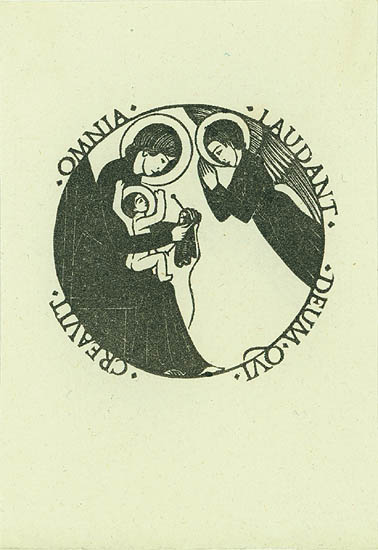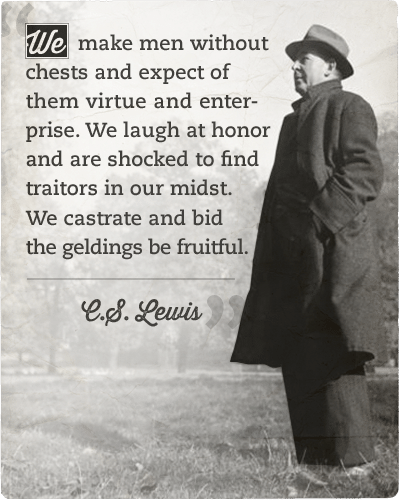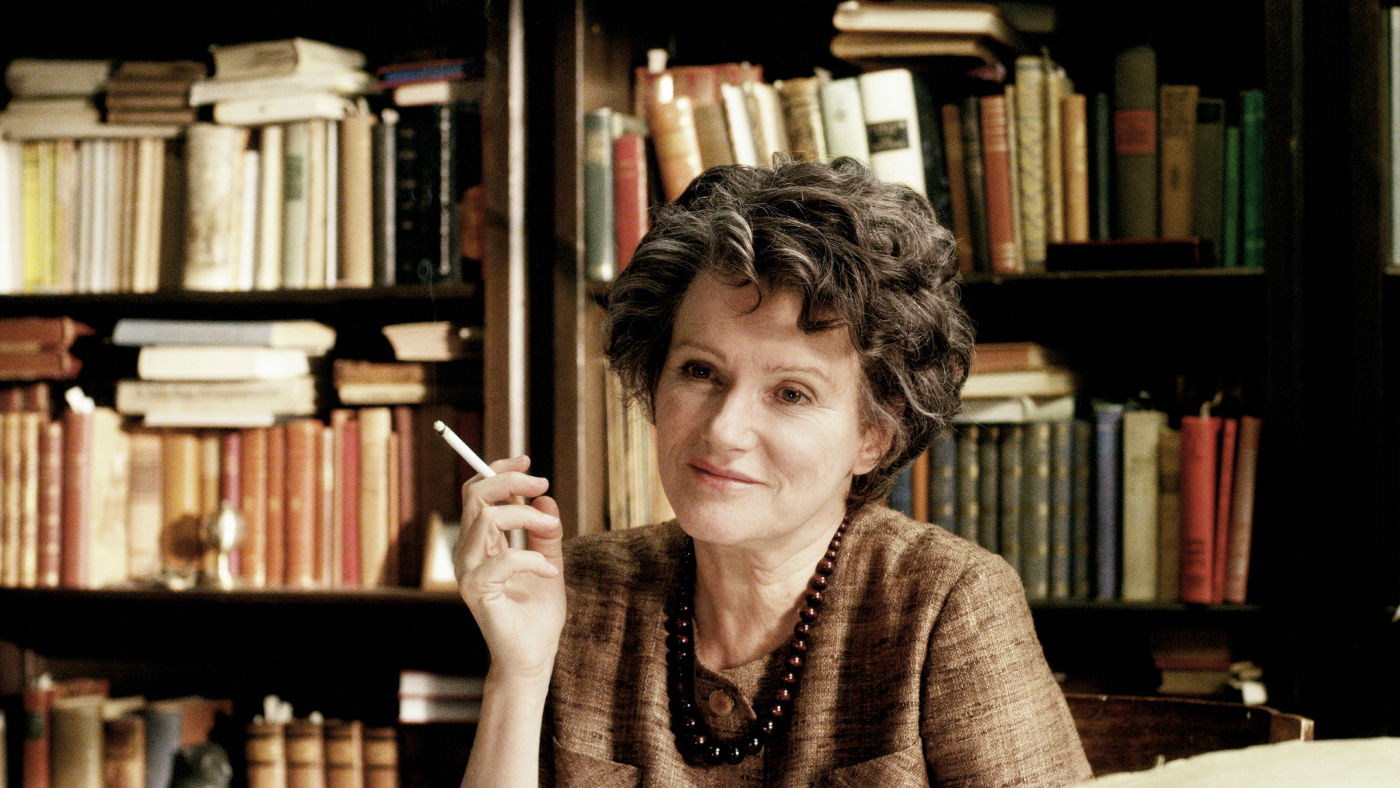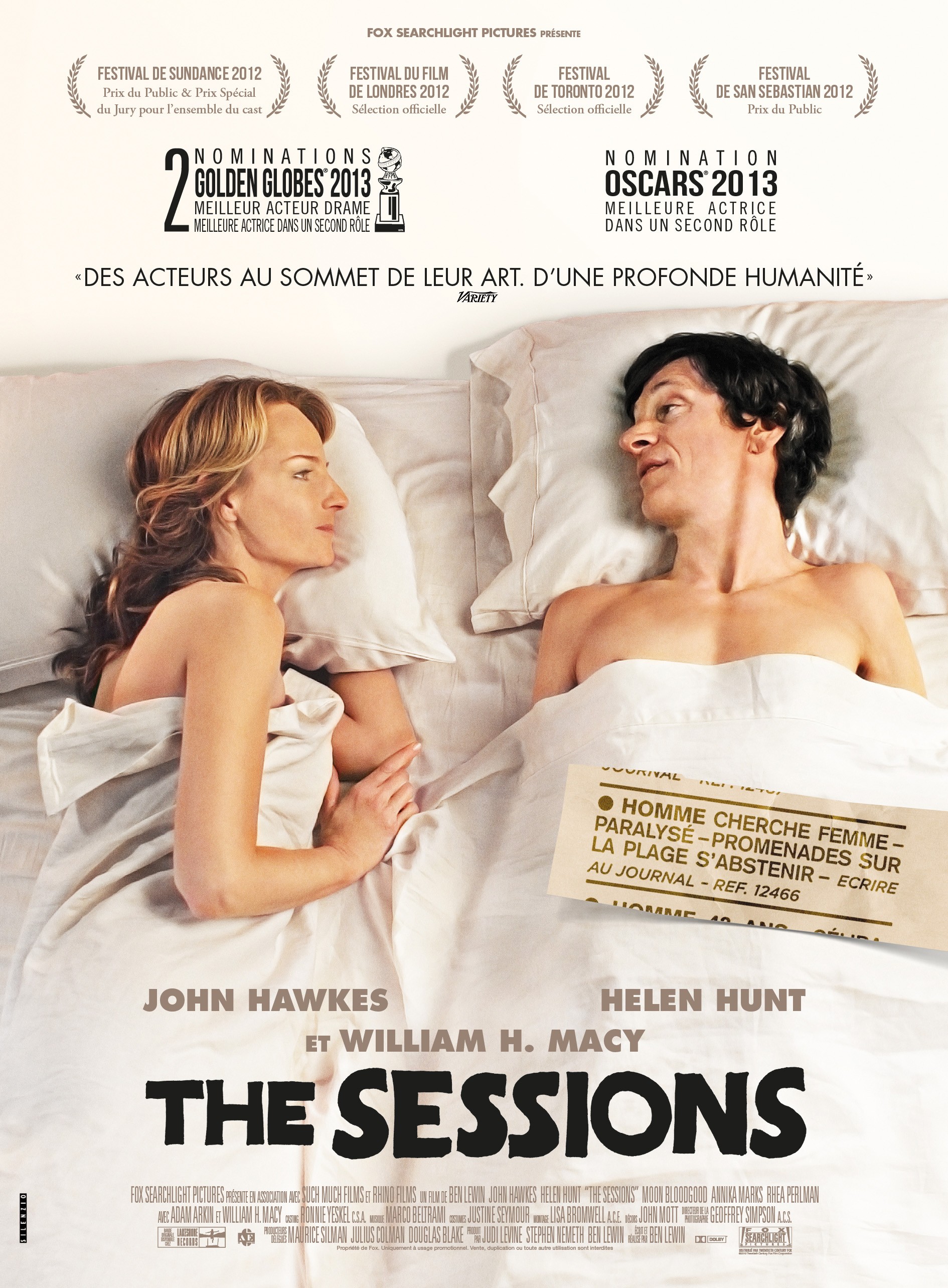~ I love this Eric Gill Madonna and Child (via Hopkins).
~ From P.D. James, "Who Killed the Golden Age of Crime?"
Almost as if he was afraid the game might get out of hand, Monsignor Ronald Knox, himself an aficionado, set down the rules in his preface to Best Detective Stories 1928–29. These included certain imperatives. The criminal must be mentioned early in the narrative but the reader must never be permitted to know his thoughts. All supernatural agencies are inadmissible. There must be no more than one secret room or passage, no undiscovered poisons should be used, and no accident or unaccountable intuition should help the detective. He should not rely on any clues which are withheld from the reader, nor should he commit the crime himself. The Watson should be slightly less intelligent than the average reader and his thoughts on the crime should not be concealed. Finally twins and doubles should not appear without the reader knowing about them, and there must be no Chinamen. This last prohibition is somewhat difficult to understand. Was it that Chinamen, if inclined to murder, were so cunning and ingenious that the amateur detective would have no hope of outwitting them?Via (who else?) Hopkins.
~ Francisco and I watched Mansome, since it touched on topics I've been thinking about lately. It had its moments, although it had a lot of silliness, too. Basically, the whole thing is about how manliness interacts with male grooming--mustaches and beards and de-hairing backs and shaving chests.
~ Relatedly, Camille Paglia both extols masculine virtues and gender bends in an interview:
Politically correct, inadequate education, along with the decline of America's brawny industrial base, leaves many men with "no models of manhood," she says. "Masculinity is just becoming something that is imitated from the movies. There's nothing left. There's no room for anything manly right now." The only place you can hear what men really feel these days, she claims, is on sports radio. No surprise, she is an avid listener. The energy and enthusiasm "inspires me as a writer," she says, adding: "If we had to go to war," the callers "are the men that would save the nation."...~ Paoli girl pushes for American Girl doll with a disability.
As a child, she felt stifled by the expectations of girlhood in the 1950s. She fantasized about being a knight, not a princess. Discovering pioneering female figures as a teenager, most notably Amelia Earhart, transformed Ms. Paglia's understanding of what her future might hold.























































